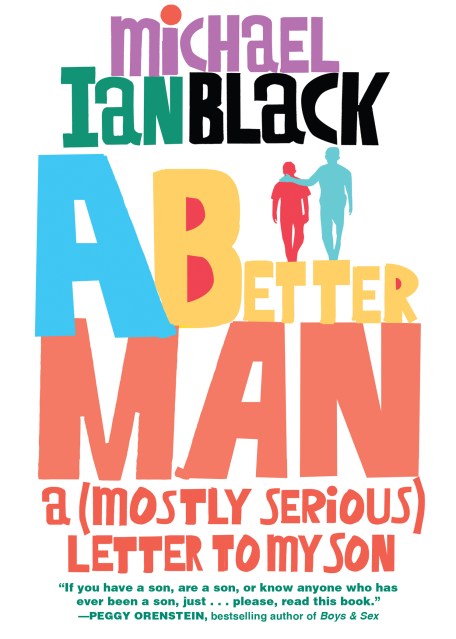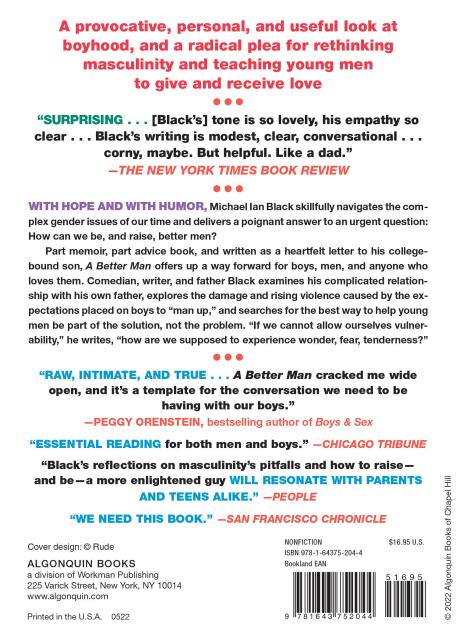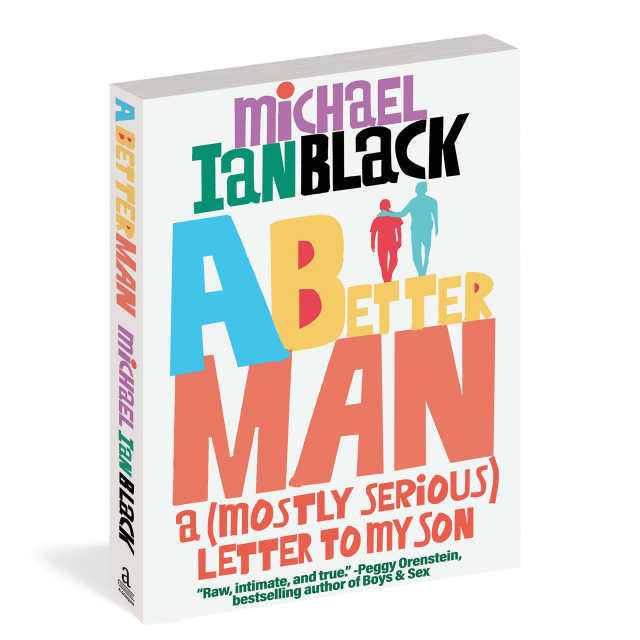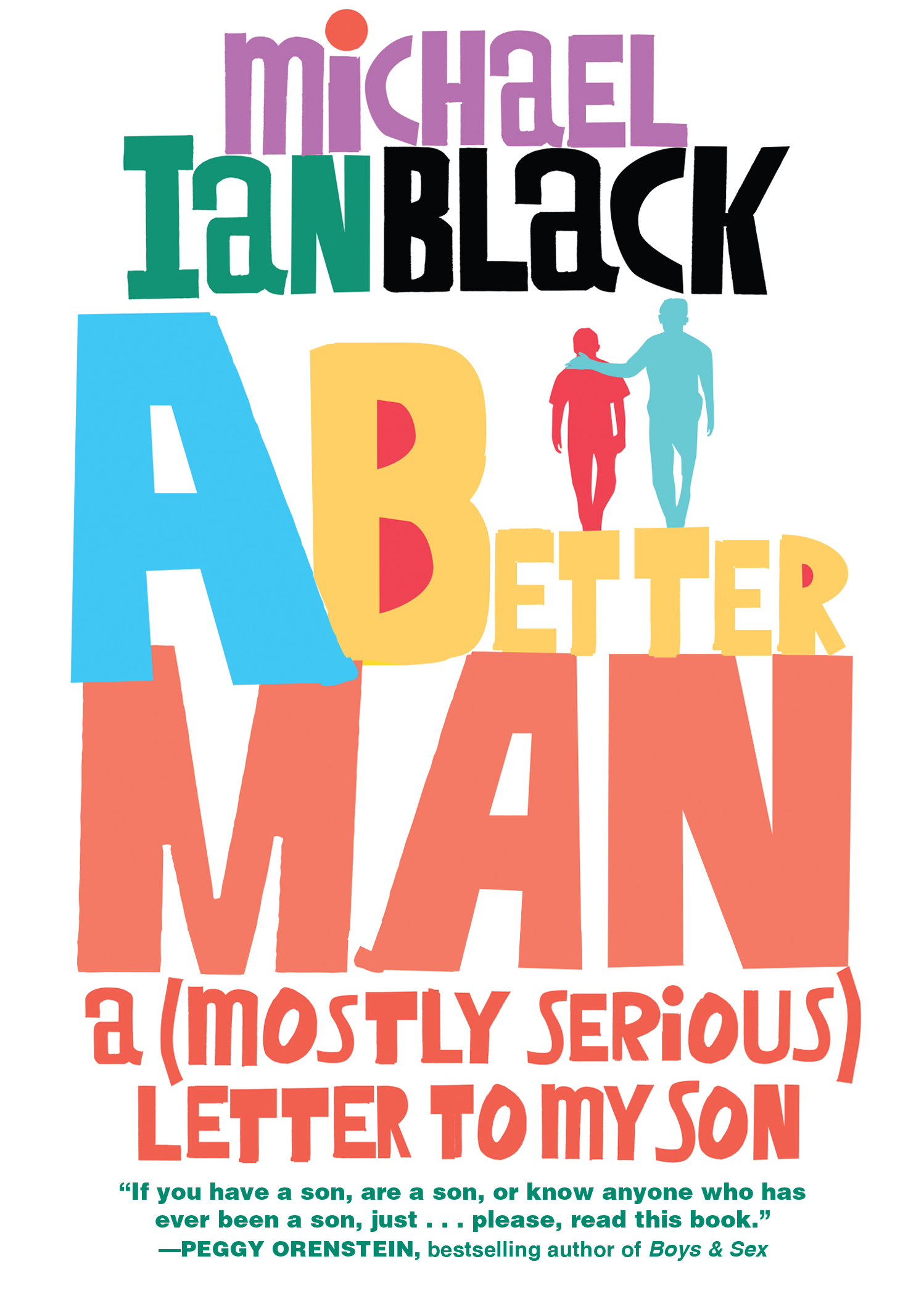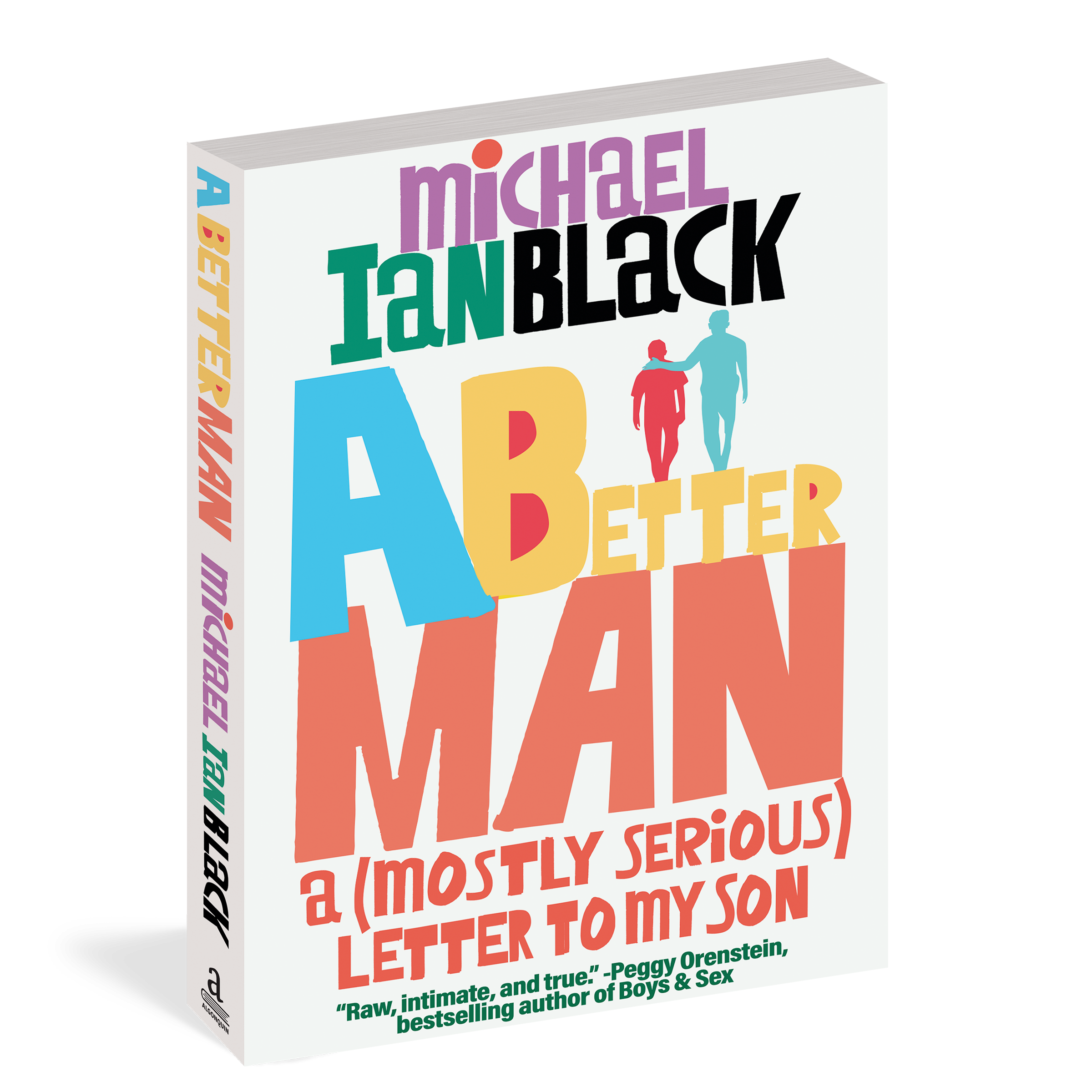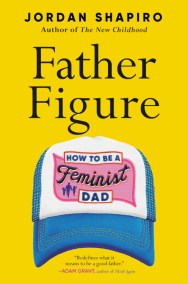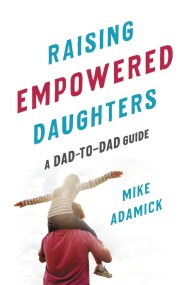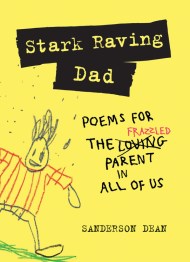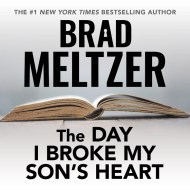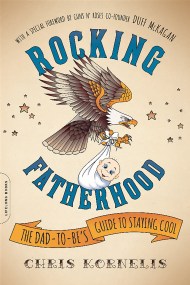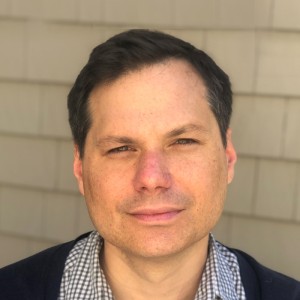Promotion
Use code MOM24 for 20% off site wide + free shipping over $45
A Better Man
A (Mostly Serious) Letter to My Son
Contributors
Formats and Prices
Price
$16.95Price
$22.95 CADFormat
Format:
- Trade Paperback $16.95 $22.95 CAD
- ebook $10.99 $13.99 CAD
This item is a preorder. Your payment method will be charged immediately, and the product is expected to ship on or around May 10, 2022. This date is subject to change due to shipping delays beyond our control.
Also available from:
A provocative, personal, and useful look at boyhood, and a radical plea for rethinking masculinity and teaching young men to give and receive love
“Surprising . . . [Black’s] tone is so lovely, his empathy so clear . . . Black’s writing is modest, clear, conversational . . . corny, maybe. But helpful. Like a dad.”—The New York Times Book Review
With hope and with humor, Michael Ian Black skillfully navigates the complex gender issues of our time and delivers a poignant answer to an urgent question: How can we be, and raise, better men?
Part memoir, part advice book, and written as a heartfelt letter to his college bound son, A Better Man offers up a way forward for boys, men, and anyone who loves them. Comedian, writer, and father Black examines his complicated relationship with his own father, explores the damage and rising violence caused by the expectations placed on boys to “man up,” and searches for the best way to help young men be part of the solution, not the problem. “If we cannot allow ourselves vulnerability,” he writes, “how are we supposed to experience wonder, fear, tenderness?”
“Surprising . . . [Black’s] tone is so lovely, his empathy so clear . . . Black’s writing is modest, clear, conversational . . . corny, maybe. But helpful. Like a dad.”—The New York Times Book Review
With hope and with humor, Michael Ian Black skillfully navigates the complex gender issues of our time and delivers a poignant answer to an urgent question: How can we be, and raise, better men?
Part memoir, part advice book, and written as a heartfelt letter to his college bound son, A Better Man offers up a way forward for boys, men, and anyone who loves them. Comedian, writer, and father Black examines his complicated relationship with his own father, explores the damage and rising violence caused by the expectations placed on boys to “man up,” and searches for the best way to help young men be part of the solution, not the problem. “If we cannot allow ourselves vulnerability,” he writes, “how are we supposed to experience wonder, fear, tenderness?”
Genre:
-
A BuzzFeed Most-Anticipated Book of the Year
“[Black’s] tone is so lovely, his empathy so clear . . . He does wonderful work breaking down the masculine coding surrounding his own behaviors.”
—The New York Times
“Written as a letter to his son, comedian Black’s reflections on masculinity’s pitfalls and how to raise—and be—a more enlightened guy will resonate with parents and teens alike.”
—People Magazine
“We need this book . . . To read A Better Man now, when the world often seems beyond repair, so many generations of men having steered us into calamity with their brittleness and hubris and idiocy—one could wonder whether even a good book can make a difference. But then you’re snapped back to Black’s simple decency, and intelligence and love for his son, and you think, Oh man, maybe.”
—San Francisco Chronicle
“Essential reading for both men and boys.”
—Chicago Tribune
“Parents will be moved and enlightened by Black’s thoughtful advice.”
—Publishers Weekly
“There's something for everyone in these pages. Hand this to anyone who loved David Sedaris's Calypso.”
—Booklist, starred review
“Heartfelt lessons for his college-bound son . . . Black lays out his thoughts and feelings with few defenses up and a comic lightness that doesn't belie the book's rather heavy truths . . . Thoughtful ruminations on masculinity in the modern age . . . Whether you're a parent or simply thinking about life choices, there's both melancholy and wisdom to be found here.”
—Kirkus Reviews
“Both thoughtful and lighthearted, this work will appeal to anyone interested in masculinity and modern gender roles.”
—Library Journal
“I think about the subject matter of Michael Ian Black's new book all the time. As a parent of both boys and girls, I find myself rebuffing the gender-based cultural assumptions that are foisted on them more frequently than I could have ever imagined. Thank you Michael Ian Black for challenging society's antiquated approach to raising boys, and deepening the conversation about what we actually want for our kids. Sir, you are a good egg.”
—Samantha Bee, host of Full Frontal with Samantha Bee
“Gorgeous, authentic, and deeply thoughtful. This book is the perfect gift for a generation of men and boys desperate for guidance but raised to be afraid to ask for it. The way Michael Ian Black models vulnerability and writes about his own pain gives permission to every man across America to do it too. Michael's voice is necessary now more than ever, to offer men a different path, where they can be curious about their own gender and mount their own revolution for better definition of masculinity. I’m so glad this book exists.”
—Liz Plank, author of For the Love of Men: A New Vision for Mindful Masculinity
“It will never fail to amaze me that the man I best knew as Levon, a crushed velvet suit-wearing, $240 worth of pudding-rubbing smooth talker on ‘The State,’ has written a book that is at once insightful, incisive, deeply kind, urgent and wise (and of course funny as hell.) But that's what A Better Man is. The book isn't so much a call to create a new way of being a man as it to remember our innate and basic goodness.”
—Joshua David Stein, author of To Me He Was Just Dad
“I couldn’t put this down. An important book for anybody with a son. Michael Ian Black tackles the tough subject of masculinity in unexpected, tender, and sometimes funny ways.”
—Alyssa Milano, actor and humanitarian
“Obviously, Michael Ian Black can be funny, but who knew he could write something so raw, intimate, and true? A Better Man cracked me wide open, and it’s a template for the conversation we need to be having with our boys. So, if you have a son, are a son, or know anyone who has ever been a son, just . . . please, read this book.”
—Peggy Orenstein, bestselling author of Boys Sex: Young Men on Hookups, Love, Porn, Consent, and Navigating the New Masculinity
“A Better Man is a beautifully written letter from a father to his son. In a wise and nuanced way, Black challenges popular culture’s view of masculinity. Without saying that we have to throw all ideas we have of manhood out of the window, he is reminding his son, and also us, that kindness, love and empathy—as well as strength and courage - are all important qualities - for all men. He’s reminding us that to love, and to care for one another, is not a feminine quality—it’s a human quality.”
—Kim Evensen, author of The Real Bro Code and CEO of the Brothers organization
“[This book] resonated with me like no other book has in years.”
—Masked Library -
“Poignant . . . this book should be more popular. It’s really about what it means to be a man in today’s world, and how to be supportive of inclusivity and vulnerability. There are lessons in this book for everybody.”Elle.com
- On Sale
- May 10, 2022
- Page Count
- 304 pages
- Publisher
- Algonquin Books
- ISBN-13
- 9781643752044
Newsletter Signup
By clicking ‘Sign Up,’ I acknowledge that I have read and agree to Hachette Book Group’s Privacy Policy and Terms of Use
